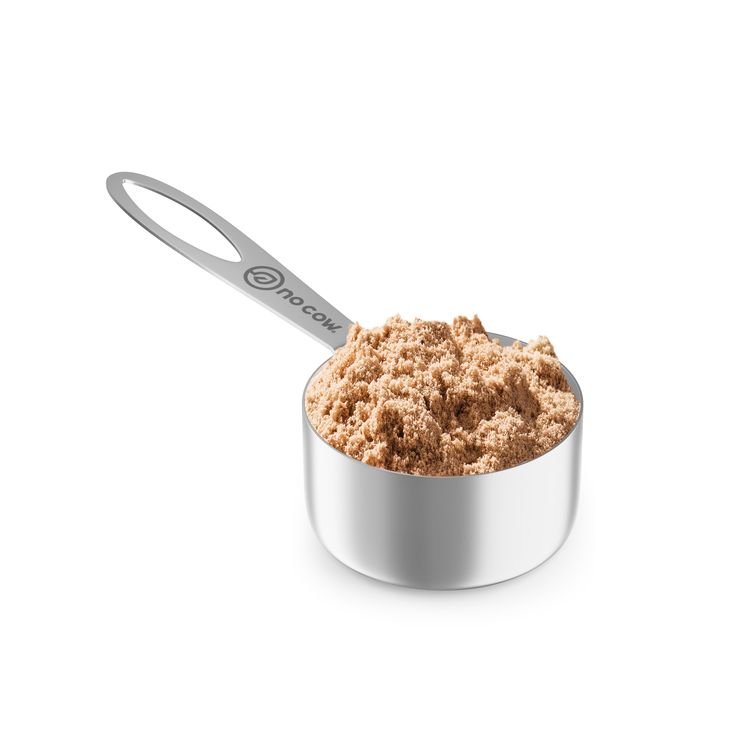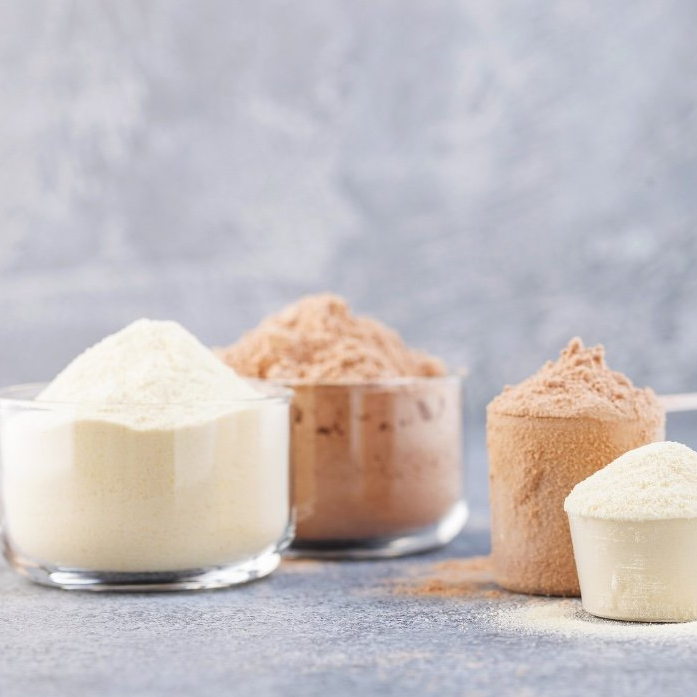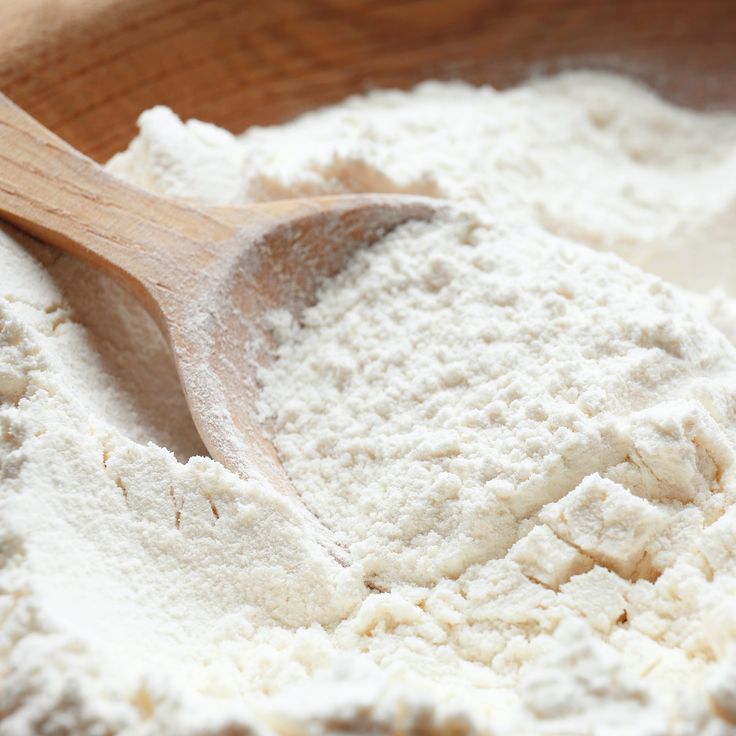The Importance of Protein Powder When Pregnant
Protein is vital for everyone, especially during pregnancy. It helps build and repair tissues and is essential for growth. For pregnant women, protein supports the baby’s development significantly. The body uses protein to make hormones and enzymes, crucial for both mom and baby. A study in ‘Advances in Nutrition’ states pregnancy is ‘an exceptional stage of life’ defined by rapid development. Early in pregnancy, protein already plays a critical role in fetal growth. It continues to be important throughout the pregnancy, with a peak in the third trimester. Protein isn’t just for physical health; it’s key for mental health too. In short, adequate protein intake is non-negotiable for pregnant women due to its numerous essential roles.

Recommended Intake: Protein Powder When Pregnant
The value of protein during pregnancy spans beyond just basic nutrition. It becomes a cornerstone for fetal development, making it vital to ensure an adequate daily intake. Healthcare professionals recommend that pregnant women consume about 60 grams of protein each day. This requirement, however, can vary based on factors such as body weight, overall health, and activity levels.
To meet these needs, a balanced diet that includes a variety of protein sources is essential. Foods like lean meat, eggs, dairy products, and legumes offer rich protein sources. They provide not just the protein but also other nutrients necessary for pregnancy.
For those following a vegetarian or vegan diet, combining different plant-based proteins can achieve a complete amino acid profile. Examples are pairing rice with beans or spreading natural peanut butter on whole grain bread.
Pregnancy increases caloric needs, but focusing on protein-rich foods can help fulfill these without resorting solely to supplements like protein powders. It is crucial to discuss individual dietary needs with a healthcare provider, who can offer personalized guidance based on one’s specific health profile and dietary habits.
Evaluating the Safety of Protein Powders in Pregnancy
When expecting, you must be careful about what you consume.
Assessing Ingredients and Additives
Check for unwanted extras in protein powders.
Look for natural ingredients and avoid those with long chemical names.
Dangers of Excessive Vitamins and Stimulants
Too many vitamins or stimulants like caffeine can harm you and baby.
Choose powders without added stimulants or excessive vitamins.
Artificial Sweeteners to Avoid
Some sweeteners may reach the baby and pose risks.
Stick to powders without saccharin, xylitol, sucralose, or stevia.
Understanding Manufacturing Processes and Sources
How protein powder is made matters for your baby’s health.
Opt for powders from reliable sources, free of harmful chemicals and hormones.
Choose brands that are transparent about their manufacturing processes.

Plant-Based vs. Dairy-Based Protein Powders
When considering protein powders during pregnancy, the source of protein is crucial. Plant-based and dairy-based options each come with their benefits and drawbacks, particularly for pregnant women.
Benefits of Plant-Based Protein Powders
Plant-based protein powders are derived from sources like peas, rice, and hemp. These powders are generally easier to digest and free from lactose, making them a great option for those with dairy allergies or lactose intolerance. Moreover, they are often associated with fewer additives and contaminants.
Benefits of Dairy-Based Protein Powders
Dairy-based protein powders, primarily derived from whey and casein, are rich in essential amino acids crucial for fetal development. They are known for their ability to support muscle growth and repair. However, they might not suit everyone, especially those sensitive to lactose or specific dairy proteins.
Considerations for Pregnant Women
Pregnant women should choose protein powders carefully. Opt for powders free from heavy metals, BPA, and other harmful contaminants. Furthermore, it’s essential to check for unnecessary additives such as sugar, artificial sweeteners, and excessive vitamins, which might not be conducive to prenatal health.
In summary, whether you choose plant-based or dairy-based protein powders, ensure the product is clean, safe, and appropriate for your dietary needs during pregnancy. Consulting with a healthcare provider before incorporating any protein powder into your diet is also advisable to ensure it aligns with your specific health requirements.
Risks and Considerations of Protein Powders
Potential Contaminants in Protein Powders
Protein powders can vary in purity and safety. Reports have shown some may contain contaminants like heavy metals, BPA, or pesticides. These substances can be harmful to you and your baby during pregnancy. Always choose powders tested for contaminants and certified by third-party organizations.
It’s also important to read labels for allergens and avoid powders with gluten or soy if you’re sensitive. Go for powders with minimal ingredients and without fillers, artificial colors, or flavors, as these contribute no nutritional value.
Balancing Protein Powder with Whole Foods
Relying only on protein powder for your daily intake isn’t ideal. Whole foods provide a broader range of nutrients essential for pregnancy health. Instead, use protein powders as a supplement to a diet rich in various proteins from natural sources.
Whole foods like meats, beans, dairy, and eggs offer vitamins, minerals, and fibers not found in powders. They are better for digestion and overall health. For a well-rounded diet, focus on these foods and use protein powders occasionally for convenience.
Finally, balance your meals with fruits, veggies, and whole grains. A varied diet ensures you and your baby get all you need. If considering protein powders, discuss with your healthcare provider to align with your health needs.

Healthy Alternatives to Protein Powder
For expectant mothers, maintaining optimal protein intake is crucial. It’s best achieved through a varied diet rich in whole foods known to be good protein sources. Here are healthy, natural alternatives that can substitute protein powders during pregnancy:
- Lean Meats: Chicken, turkey, and lean cuts of beef are excellent sources of high-quality protein, which is essential for muscle building and overall health. These meats are low in fat and can be easily incorporated into a variety of dishes, making them a staple in a balanced diet.
- Fish: Options like salmon and trout are not only rich in protein but are also packed with omega-3 fatty acids. These healthy fats are known to benefit heart health and brain function, making fish an important part of a nutritious meal plan.
- Eggs: A versatile and affordable source of protein, eggs are filled with vital nutrients, including B vitamins and choline. They can be prepared in numerous ways, making them a convenient option for breakfast, lunch, or dinner.
- Dairy Products: Milk, cheese, and yogurt are fantastic choices for incorporating both calcium and protein into your diet. These dairy products support bone health and can also be enjoyed in a variety of dishes, from smoothies to casseroles, enhancing both taste and nutrition.
- Legumes: Beans, lentils, and chickpeas are great for fiber as well as protein.
- Nuts and Seeds: Almonds, chia seeds, and flaxseeds are not just protein-rich; they also offer healthy fats.
- Whole Grains: Quinoa and whole wheat are good sources of protein and other nutrients.
- Soy Products: Tofu and tempeh are useful for those avoiding meat. They also have essential amino acids.
These foods can provide the necessary protein without needing to rely on supplements. Remember to eat a diverse mix to get all needed nutrients. If in any doubt, talk to your healthcare provider before making dietary changes.
Consulting Healthcare Providers About Supplementing with Protein Powder
Before adding protein powder when pregnant, consult your healthcare provider. They can guide based on your health needs and pregnancy stage. Discuss any concerns about protein powder ingredients. This includes heavy metals, artificial sweeteners, or excess vitamins. A healthcare provider can also review the product label with you. Ensure the protein powder is safe and meets your dietary requirements. Remember, while protein powder can supplement a diet, it shouldn’t replace whole foods. Always prioritize a balanced diet rich in natural protein sources. Talk to experts before making dietary changes during pregnancy.